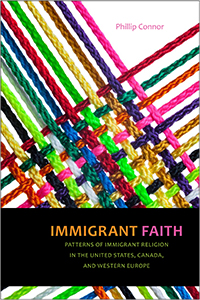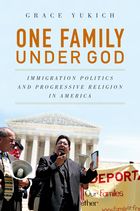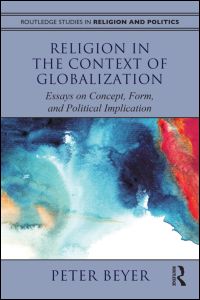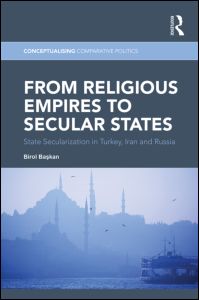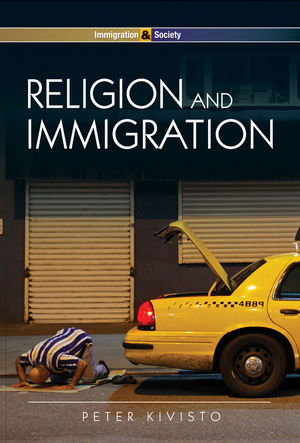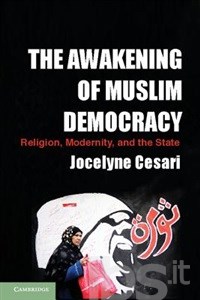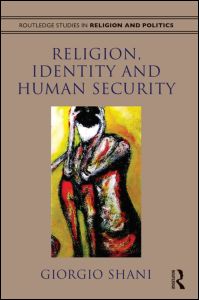CALL FOR PAPERS: Addressing the Asylum Crisis: Religious Contributions to Rethinking Protection in Global Politics
A British Council-sponsored workshop (Bridging Voices program)
University of Kent, Brussels School of International Studies, Brussels, 26th and 27th of June 2014
Deadline for abstract submission (250 words max): April 24, 2014
Convenors: Luca Mavelli (Kent) and Erin Wilson (Groningen)
We are organizing a British Council-sponsored workshop (Bridging Voices program) on ‘Addressing the Asylum Crisis: Religious Contributions to Rethinking Protection in Global Politics’. The workshop which will take place at the University of Kent, Brussels School of International Studies, Brussels on the 26th and 27th of June 2014.
This event will be the second of two transatlantic academic and policy dialogues (the first workshop will take place at Georgetown University, Washington DC, in May 2014) which aim to explore the current and potential future contribution of religious groups and traditions to addressing the asylum crisis and the development of policy strategies which may complement current modes of protection and asylum. In particular, the workshop aims to explore:
a. The role of religious traditions in promoting forms of solidarity that transcend state-centric approaches centred on border protection, legal rights and security. Are religious argumentations in the public sphere contributing to redefine the debate on migration? Is it possible to identify forms of convergence between different religions in their approach to the global migration crisis? Can religious approaches to migration promote inclusion, but also different forms of exclusion?
b. The role that religious organisations and institutions play in the global migration crisis. What are they approaches and how do they differ from state-centric approaches? To what extent do religious organisations fill gap left by states in the provision of asylum and protection? What are the existing forms of practice and cooperation between religious and secular organisations?
c. The crisis of secular modes of protection, based on logics of securitization, but also of profit, as witnessed by the proliferation of immigration detention centres run by private security firms. Is it the case, as Loïc Wacquant suggest, that multinational corporations are increasingly competing against ‘benevolent associations delivering services to the poor’? Can postsecular approaches to asylum act as a source of resistance against the pathologies of neoliberal modernisation?
The workshop will involve a selected group of scholars, policy makers, practitioners, and refugees with expertise and experience in religion, asylum, foreign policy, development and humanitarianism.
Among the confirmed speakers are:
· John Milbank, Christian theologian and the Professor of Religion, Politics and Ethics at the University of Nottingham;
· Alexander Betts, Director, Global Migration Governance project, University of Oxford
· Katharina von Schnurbein, Adviser for the Dialogue with Churches, Religions and Philosophical and Non-Confessional organisations, European Commission;
· Nava Hinrichs, Director, The Hague Process for Refugees and Migration
· Elena Fiddian-Qasmiyeh, Senior Research Officer at the University of Oxford and Research Fellow in Refugee Studies at Lady Margaret Hall.
· Adrian Pabst, Senior Lecturer at the University of Kent
· Sadia Kidwai, Policy and Research Analyst at Islamic Relief
We particularly welcome submissions from practitioners working with secular and faith-based NGOs in this sector, reflecting on the place of faith and spirituality.
PUBBLICATION OUTCOME: We are planning to publish the papers presented at the workshop in one special issue of an internationally recognised peer-reviewed journal or edited volume. In addition to academic publication outputs, we will produce a report and list of recommendations to be distributed to participants and interested stakeholders, as well as disseminating the findings of the two dialogues in a variety of media outlets including newspapers and blog posts.
Limited funding is available as a partial contribution to travel and accommodation expenses.
The deadline for abstract submission (250 words max) is April 24, 2014. Please send your abstract together with a short biographical note to Luca Mavelli (L.Mavelli@kent.ac.uk) and Erin Wilson (e.k.wilson@rug.nl).
